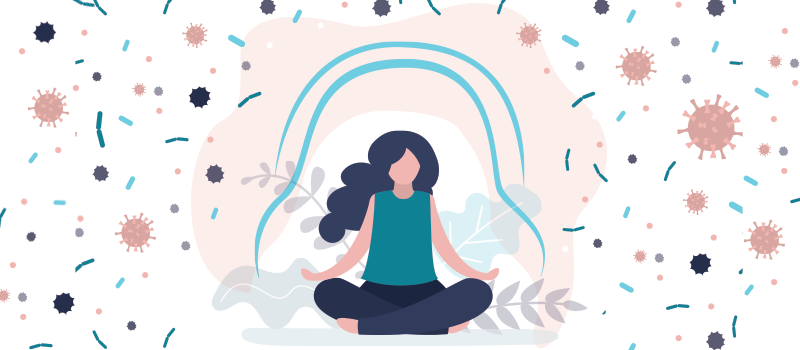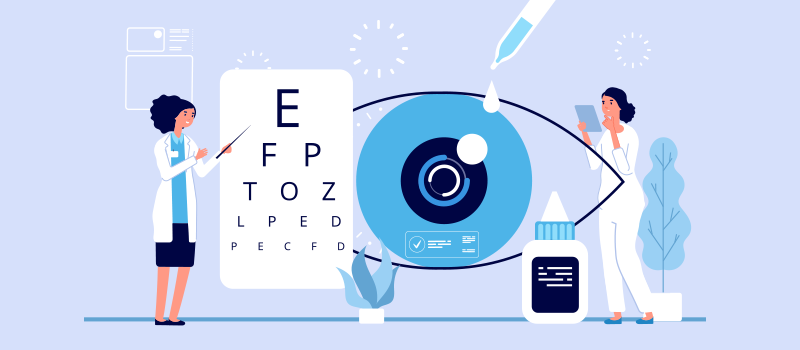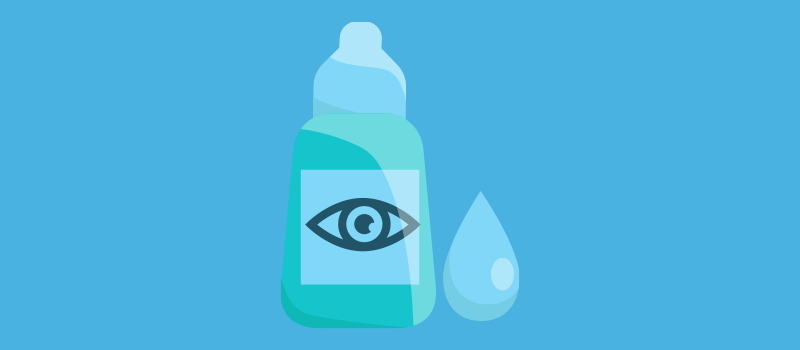What’s the Buzz
The Bee Healthy Blog
NEW TEST BLOG 08162024
TEST
Red, swollen, watery, and itchy eyes can leave you very uncomfortable. These symptoms are common in people with allergic conjunctivitis, also known as eye allergies. Eye drops and oral medicines can be helpful if you have an eye allergy. Please continue reading to find out which allergy medicines can provide quick relief from itchy eyes.
What causes allergic conjunctivitis?
Allergic conjunctivitis is an inflammatory response to an airborne allergen in the environment. Same as sneezing, itchy, and runny nose, eye allergies are the allergic reactions that occur when the immune system mistakes harmless substances such as dust mites or pet dander to be harmful and mount an attack.
Common symptoms of eye allergies include eye redness, irritated eyes, swollen eyes, watery eyes, itchy eyes, and burning eyes, leading to blurry vision in some cases.
If you have seasonal allergies (hay fever), the symptoms of allergic conjunctivitis can be particularly bothersome during allergy season. Various eye drops can help to relieve symptoms quickly, decrease eye discomfort, and treat allergies. In addition to eye drops, oral allergy medicines are also effective at relieving all allergy symptoms, including red, itchy eyes, sneezing, runny nose, and post-nasal drips.
Which medications are used to relieve eye allergy symptoms?
An oral antihistamine can be used to treat itchy eyes and other eye symptoms. They can reduce redness, eye irritation, swelling, and eye pain.
Examples of oral antihistamines that can be used for eye symptoms such as itchy eyes include cetirizine (Zyrtec), levocetirizine (Zyxal), loratadine (Claritin), and desloratadine (Clarinex). However, taking oral antihistamines can cause dry eye symptoms for some people.
If you have severe allergies to indoor or outdoor allergens, your doctor may recommend allergy shots for relief from allergy symptoms. These are a series of injections that contain a tiny amount of the allergen that triggers your allergies. The shots help to slowly desensitize your immune system to the allergen, thereby providing relief from allergy symptoms.
Which eye drops can help with itchy eyes?
As mentioned above, oral antihistamines can control an allergic response. However, doctors generally recommend eye drops to treat eye allergies. These medications act locally at the site of the allergic reaction and provide quick relief from itchy eyes. Depending on your symptoms, the combination of an oral antihistamine and a medicated eye drop can be beneficial.
The following types of medicated eye drops can be used for treating itchy eyes. They typically provide short-term relief; therefore, you may need to use them regularly during allergy season to get daily relief. Some of these eye drops are over-the-counter, while some are prescription strength drops.
- Artificial tears to keep itchy eyes lubricated
- Topical antihistamines (antihistamine eye drops) such as alcaftadine (Lastacaft), azelastine (Optivar), bepotastine (Bepreve), and emedastine (Emadine)
- Mast cell stabilizers such as cromolyn (Crolom), lodoxamide (Alomide), nedocromil (Alocril), and pemirolast (Alamast)
- Antihistamines and mast cell stabilizers such as epinastine (Elestat), ketotifen (Alaway, Zaditor, Zyrtec), and olopatadine (Pazeo), prescription eye drops, and Pataday, an OTC eye drops)
- Nonsteroidal anti-inflammatory drugs (NSAIDs) such as ketorolac (Acular) eye drops
- Corticosteroid eye drops such as loteprednol (Alrex, Lotemax)
- Decongestant eye drops which work as a vasoconstrictor to reduce eye redness, such as naphazoline (Albalon, Vasocon, AK-Con)
- Combination decongestant and antihistamine eye drops such as naphazoline and pheniramine (Visine-A, Naphcon A, Opcon-A)
How to use eye drops for eye allergy?
Wash your hands thoroughly with soap and water. Gently rotate the eye drop bottle for 30 seconds. Tilt your head back. Pull your lower lid away from your eye using one or two fingers to create a pocket. Let the eye drop fall from the dropper into the pocket. Do not touch the dropper tip to your eye or anything else to avoid contamination. Replace the bottle cap immediately. Close the eye that just received the eye drop and apply gentle pressure for about 1 minute. Wait 5-10 minutes before using other eye drops. Wipe any excess liquid with a tissue. Wash your hands again to remove any remaining medicine.
Check the package insert or prescription label if you wear contacts. Antihistamine eye drops are generally safe to use with soft contact lenses, but it’s a good idea to wait 15 minutes after you use eye drops before putting your contact lenses on. This allows better absorption of the medicine.
Use the eye drops exactly as prescribed or recommended on the packet insert. Do not overuse eye drops or use them past their expiration date. Opened bottles of eye drops should be discarded after 3 months.
What are some home remedies for itchy eyes?
If you have itchy eyes and other allergy symptoms, you can try applying cold compresses for symptom relief. It also helps to keep windows and doors closed during allergy season and use a cool mist humidifier inside your home or office.
When to see a doctor for itchy eyes?
You should see your primary healthcare provider or eye doctor if your symptoms do not get better or if over-the-counter (OTC) allergy medication does not bring relief. You may have another condition, such as pink eye or bacterial conjunctivitis (eye infection). Eye doctors can review whether you have other symptoms besides itchy eyes, such as eye pain or light sensitivity, and give you the appropriate eye drop to treat them. You should let your doctor know right away if you develop a fever.
It’s important to be medically reviewed by a healthcare professional because not all eye drops may be right for you. If you have dry eyes or sensitive eyes, your doctor can recommend the best allergy medicine for you.
References:
- https://www.msdmanuals.com/en-in/home/eye-disorders/conjunctival-and-scleral-disorders/allergic-conjunctivitis
- https://www.ncbi.nlm.nih.gov/pmc/articles/PMC6478251/
- https://www.aaaai.org/tools-for-the-public/drug-guide/eye-drops
- https://acaai.org/allergies/allergic-conditions/eye-allergy/
- https://www.aaaai.org/tools-for-the-public/conditions-library/allergies/eye-drops
TEST












SOCIAL